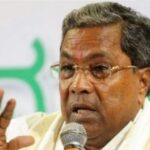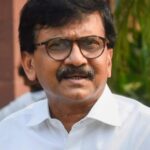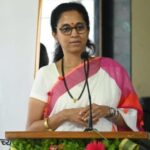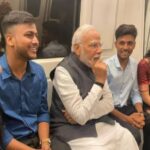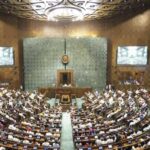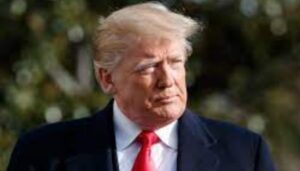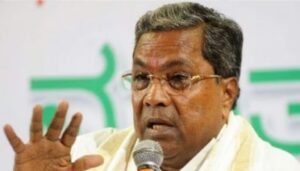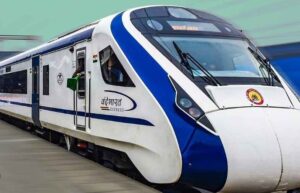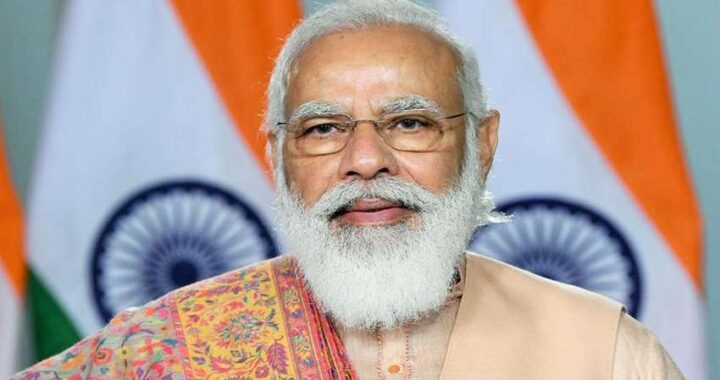
Prime Minister Modi Applauds Indian Universities’ Global Recognition At Delhi University’s Centenary Celebrations
New Delhi, 30th June 2023: Prime Minister Narendra Modi highlighted the significant impact of futuristic policies and decisions in the education sector on the global recognition of Indian universities. Speaking at the valedictory ceremony of Delhi University’s centenary celebrations, Modi emphasized the remarkable rise in the number of Indian universities featured in the latest QS global ranking, which surged from 12 in 2014 to 45. He attributed this success to the establishment and expansion of prestigious institutions like IITs, IIMs, AIIMS, and NITs across the country, referring to them as the building blocks of the new India.
To attend the event, Prime Minister Modi chose to travel by metro, providing him with the opportunity to interact with students during the journey. At the ceremony, he spoke about his recent state visit to the United States, stating that India’s global respect and prestige have grown due to its increased capabilities and the world’s faith in the country’s young population.
Modi highlighted the significance of the agreements signed between India and the US during his visit, which will bring new opportunities for Indian youth in various fields, including earth sciences, space exploration, semiconductors, and artificial intelligence. He emphasized that these advancements would provide Indian students access to technologies that were previously out of their reach, ultimately boosting their skill development. Additionally, Modi mentioned that renowned companies like Micron and Google would be making substantial investments in India, signalling a promising future for the country.
Modi hailed Delhi University’s multifaceted contributions to society, expressing profound admiration and describing it not just as a university, but rather as an influential movement. He drew parallels to the ancient Indian universities of Nalanda and Taxila, which were once sources of happiness and prosperity, with India’s scientific knowledge guiding the world during that era. He lamented that these institutions suffered during the period of colonial rule, leading to the obstruction of intellectual flow and hindering India’s growth. However, after independence, universities played a crucial role in shaping the nation and nurturing a talented generation of youngsters. Modi acknowledged Delhi University’s significant contribution to this endeavour.
Modi highlighted India’s transformation from a fragile economy to one of the top five economies in the world, emphasizing the importance of knowledge in fostering happiness and strength. He mentioned the remarkable growth in the number of Indian startups, which increased from a few hundred to over a lakh since 2014. The prime minister also noted the surge in patent filings, reflecting India’s progress in recent years. Looking ahead, Modi stated that just as the third decade of the last century gave momentum to India’s struggle for independence, the third decade of the new century would propel India’s development journey.
In light of the university’s upcoming 125th year coinciding with the country’s 100th year of independence, Modi urged Delhi University to dedicate itself to the goal of developing India into a fully developed nation by 2047. During the event, he laid the foundation stones for the Delhi University Computer Centre, the Faculty of Technology buildings, and the Academic Block on the North Campus.
Modi highlighted that the University of Delhi, established in 1922, has grown immensely over the years, now comprising 86 departments, 90 colleges, and more than six lakh students. He emphasized that the centenary celebrations of Delhi University are taking place during India’s Azadi Ka Amrit Mahotsav, marking 75 years of independence.
Acknowledging the role of educational institutions as reflections of a nation’s achievements, Modi recognized the historic landmarks of Delhi University that have positively impacted the lives of students, teachers, and others. He praised the university’s progress in improving the gender ratio, with more women studying at DU than men. Modi stressed the interconnection between the resolutions of a university and the progress of a nation, emphasizing that stronger educational institutions lead to greater national advancement.
The prime minister also discussed the flexibility provided by the new National Education Policy in selecting subjects and highlighted the positive impact of the National Institutional Ranking Framework in improving the quality and competitiveness of educational institutions. He emphasized the importance of linking institutional autonomy with the quality of education. Modi noted the growing global recognition of India and its impact on students, as more people express interest in learning about the country. He mentioned India’s contributions during the COVID-19 pandemic, creating curiosity worldwide about India’s ability to deliver even during crises.
Modi concluded by stating that the growing recognition of India, including through events like the G20 presidency, has created new avenues for students in areas such as yoga, science, culture, festivals, literature, history, heritage, and cuisine. He expressed his delight at the establishment of tribal museums across the country, as well as the upcoming construction of the world’s largest heritage museum, ‘Yuge Yugeen Bharat,’ in Delhi.
Lastly, the prime minister acknowledged the increasing recognition of Indian teachers globally, sharing how world leaders often mention their Indian teachers when conversing with him.





